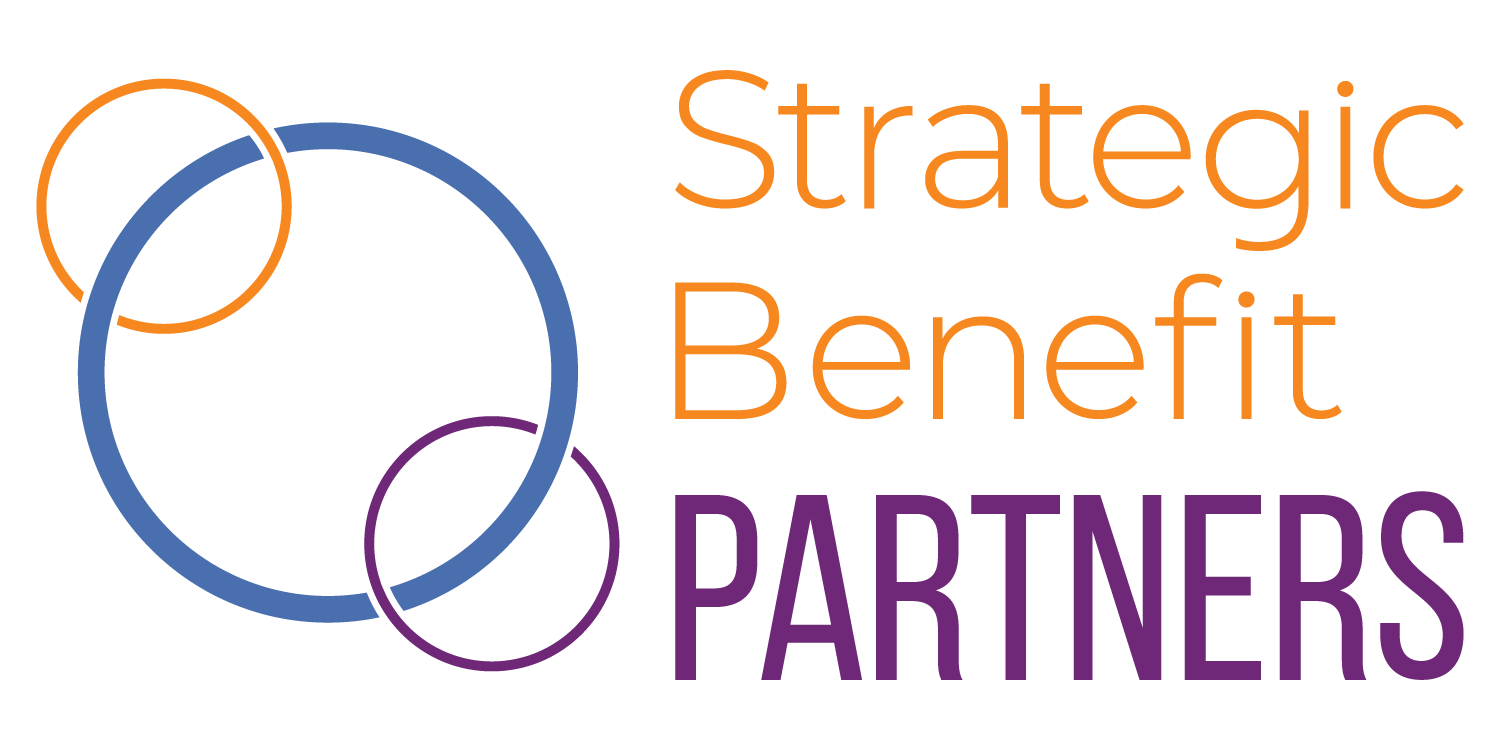Understanding the Exclusion of Form 1095-A for Small Group Health Insurance Coverage
As taxpayers begin gathering documents for tax season, it is essential to comprehend why some people who are covered by small group health insurance plans do not receive a Form 1095-A. Unlike those enrolled in Marketplace plans, individuals covered under small group coverage do not receive this form. Let’s explore the reasons why.
Employer-Sponsored Health Coverage - Small group health insurance plans are typically provided by employers to their employees. These plans fall under the category of employer-sponsored coverage, which is different from Marketplace coverage. Unlike Marketplace plans, small group plans are not facilitated through the Health Insurance Marketplace.
IRS Exemption - the IRS does not require issuers of small group health insurance plans to furnish Form 1095-A to covered individuals. This exemption is due to the different reporting requirements for employer-sponsored coverage compared to Marketplace coverage.
Alternative Forms - Employers offering small group health insurance coverage may issue alternative forms to employees for tax reporting purposes. Form 1095-B (typically provided by insurance companies) and 1095-C (typically used by large employers) may be issued. These forms serve similar purposes to Form 1095-A but cater to the specifics of employer-sponsored coverage. These forms may not be required when filing taxes but it is good practice to keep a copy with your tax records.
In summary, individuals covered by small group health insurance plans do not receive Form 1095-A due to the distinct nature of employer-sponsored coverage and its separate reporting requirements compared to individuals who obtain coverage through the Marketplace.

